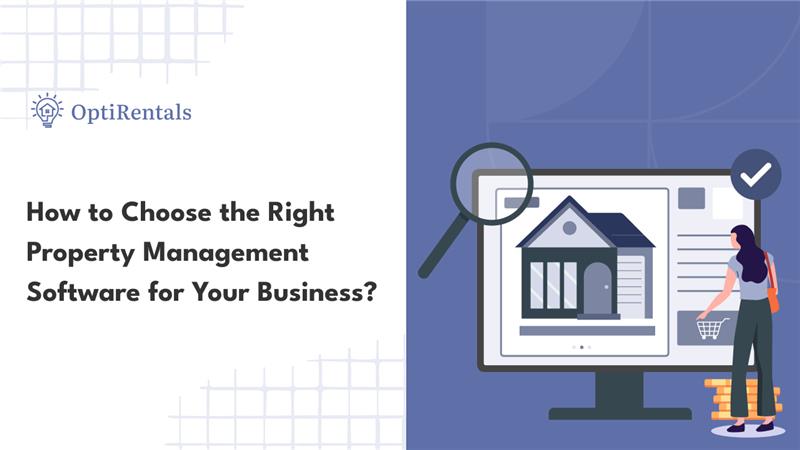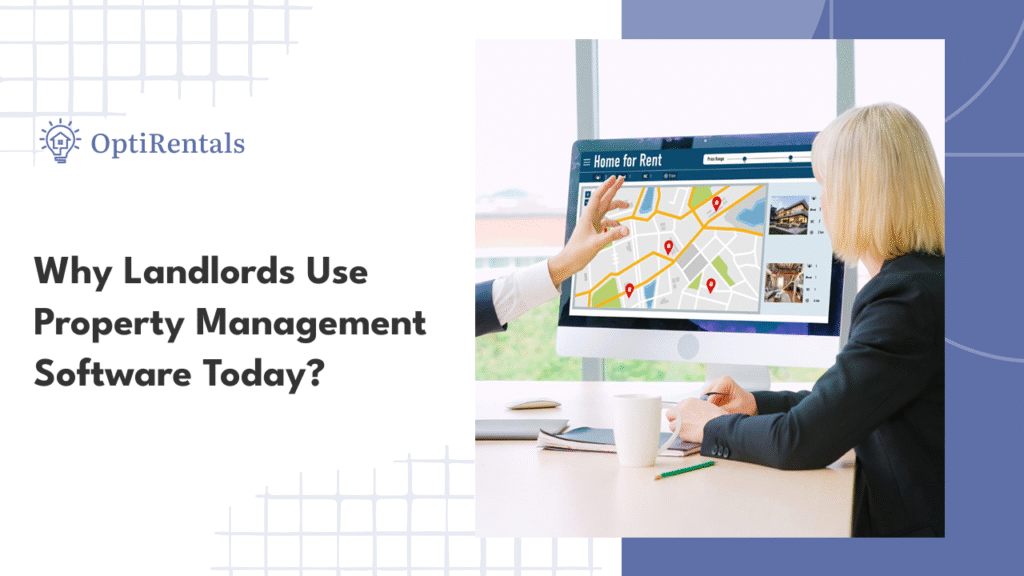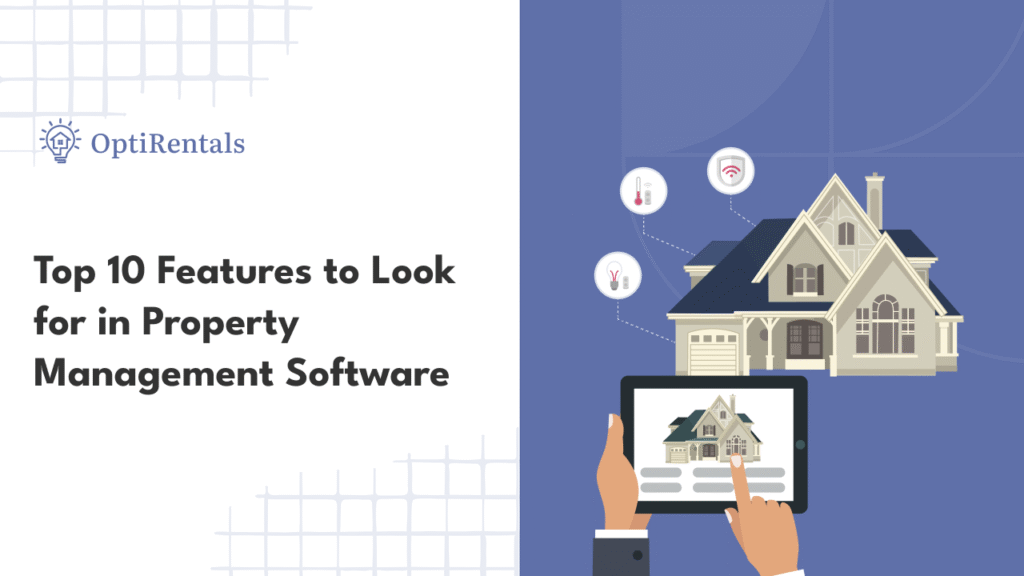How to Choose the Right Property Management Software for Your Business
Managing rental properties is likely to be stressful without the correct tools. Having the proper system in place may enhance the efficiency and smoothness of your operations, no matter how many units you own or manage. Property management software is essential in this situation. But how may you choose the one that most suits your needs if there are numerous options on the market? The process of choosing the best software for your rental business can be discussed in detail in this article. It talks about important characteristics, factors for making decisions, and useful advice so you may choose the best option for your particular situation with confidence. What Is Property Management Software? A computer application called property management software helps landlords, property managers, and proprietors of rental businesses manage all of the responsibilities that come with running rental properties. These include accounting, tracking leases, tenant communication, rent collecting, and maintenance requests. This kind of software improves record-keeping accuracy, reduces manual labor, and saves time. Why You Need Property Management Software There is more to managing a rental business than just collecting rent. You have to screen renters, manage contracts, take care of maintenance concerns, and make sure local regulations are followed. Many of these tasks can be automated with software, and it also places everything in one location. Software for rental businesses also allows you to expand your portfolio without suffering more expenses or stress. It adds expertise and flexibility to your business. Key Factors to Consider When Choosing Property Management Software The size of your portfolio, your needs, and the specific characteristics you need will all have a role in selecting the best tool. Some of the most important variables to take into account are listed below: 1. Your Business Size and Type The first step is to determine the size of your business and the number of properties you manage. While some software is developed for huge property managers with hundreds of properties, others are designed for individual landlords with a few units. Make sure the program can handle all the many kinds of properties you manage, whether they are mixed-use, residential, or commercial. 2. Essential Features The software needs to have abilities that match your daily tasks. Look for tools that make your main workflows easier. Features for Tenant Tracking Effective tenant tracking is essential. Look for characteristics such as: History of leases Logs of payments Records of maintenance Logs of communications You will always have updated and easily available renter data thanks to these tenant tracking tools. 3. Rent Collection and Financial Management An acceptable system should include features to track income and expenses and allow online rent payments for tenants. Also, it needs to facilitate: Automated reminders for rent Monitoring late fees Reporting taxes When assessing the top property management software on the market, this is especially important. 4. Ease of Use The user interface of the software must be simple. You are not interested in spending days training your team or figuring out how to use it. After making a purchase, examine free trials or demo videos. 5. Customer Support and Training There may be problems with even the best systems. Check whether the supplier provides: Phone or email assistance Documentation or a help center Free training sessions or onboarding If a technical problem develops, good support makes sure your business continues to function. Cloud-Based vs. Desktop Software You can use modern property management systems from anywhere with a web connection because the systems are cloud-based. Tenants are able to utilize them to log in, request maintenance, and pay online. For mobility and real-time data access, landlord software ought to ideally be cloud-based. For smaller landlords who would rather operate offline, versions for desktops may be suitable. However, they usually require regular improvement and are inactive. Security and Data Privacy Verify that the software complies with data protection laws and uses security. You will be working with finances, legal documents, and private tenant information. Pick an approach that puts safety second. Mobile App Availability A mobile app improves the management of a company while on the go. The right software could boost your efficiency for everything from responding to tenant communications to approving requests for repairs. Scalability Consider the long term. The program you use should be able to manage more properties as the portfolio grows, without suffering major cost swings or performance problems. Certain systems include additional fees or add-ons that grow with your business’s needs. Customization and Automation Customizing communication settings, leasing agreements templates, and workflows can have an important effect. The need for manual labor is decreased by automation features like maintenance notifications and recurring rent reminders. Automating repetitive processes with acceptable rental software for landlords may set you up to focus on growing your company. Read More: Top 7 Benefits of Using Property Management Software | Optirentals Pricing and Hidden Costs The vast majority of property management software is accessible through recurring payments. But always look for unstated fees, such as: Setup costs Costs of training Support charges Fees for extra people or properties Verify that the price options meet your budget by completely evaluating them. Reviews and Recommendations Examine feedback from others on reliable websites before deciding. Request input about support quality, usability, and performance. Obtaining real input can also be gained by participating in property management groups or landlord forums. A Real Example: OptiRentals OptiRentals is an instance of a tool that covers a lot of requirements. It is made especially for rental companies and landlords, and it has several features, such as: Rent collection online Tracking maintenance requests Management of leases and tenants Automated alerts and reminders Safe data handling When making your decision, OptiRentals is a good choice to take into account, whatever your level of experience. Follow Us on: Facebook | Instagram | Pinterest | LinkedIn | Twitter Final Thoughts Choosing the right property management software requires careful planning and research. Focus on your core needs, test a few options, and choose a platform that’s easy to use, secure, and scalable. Consider



